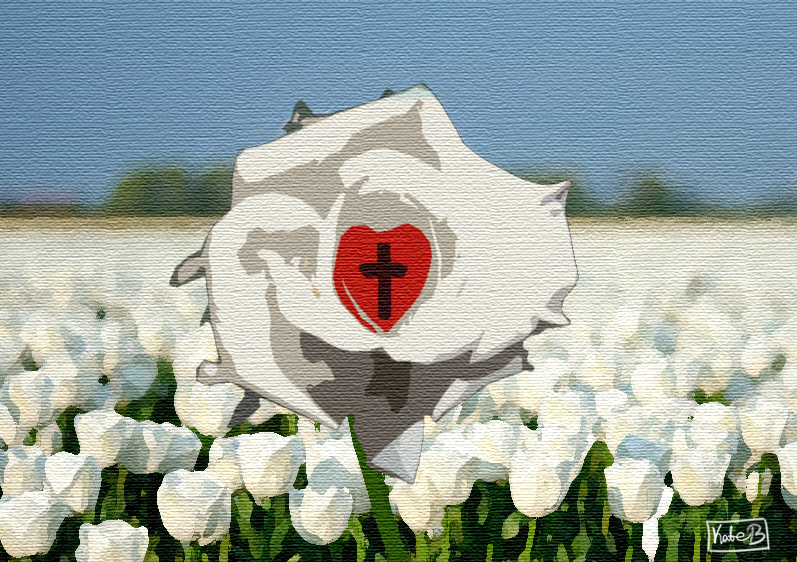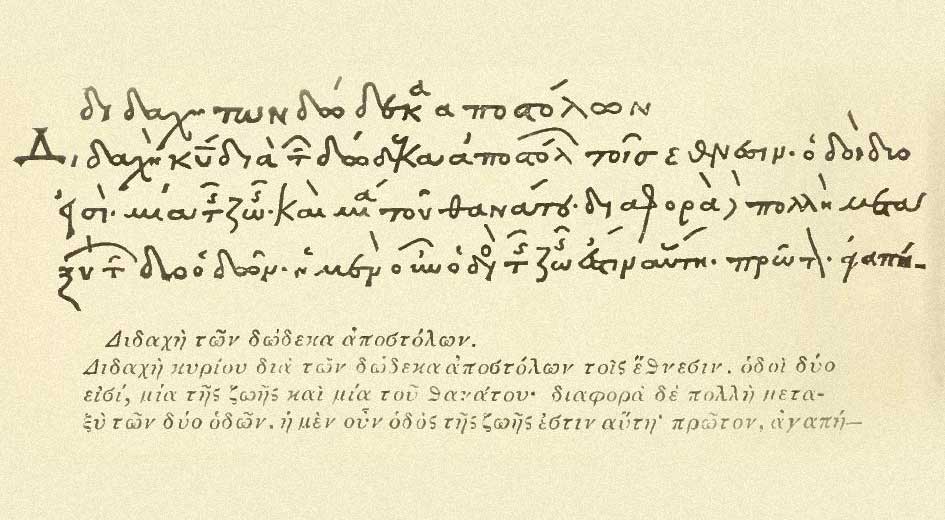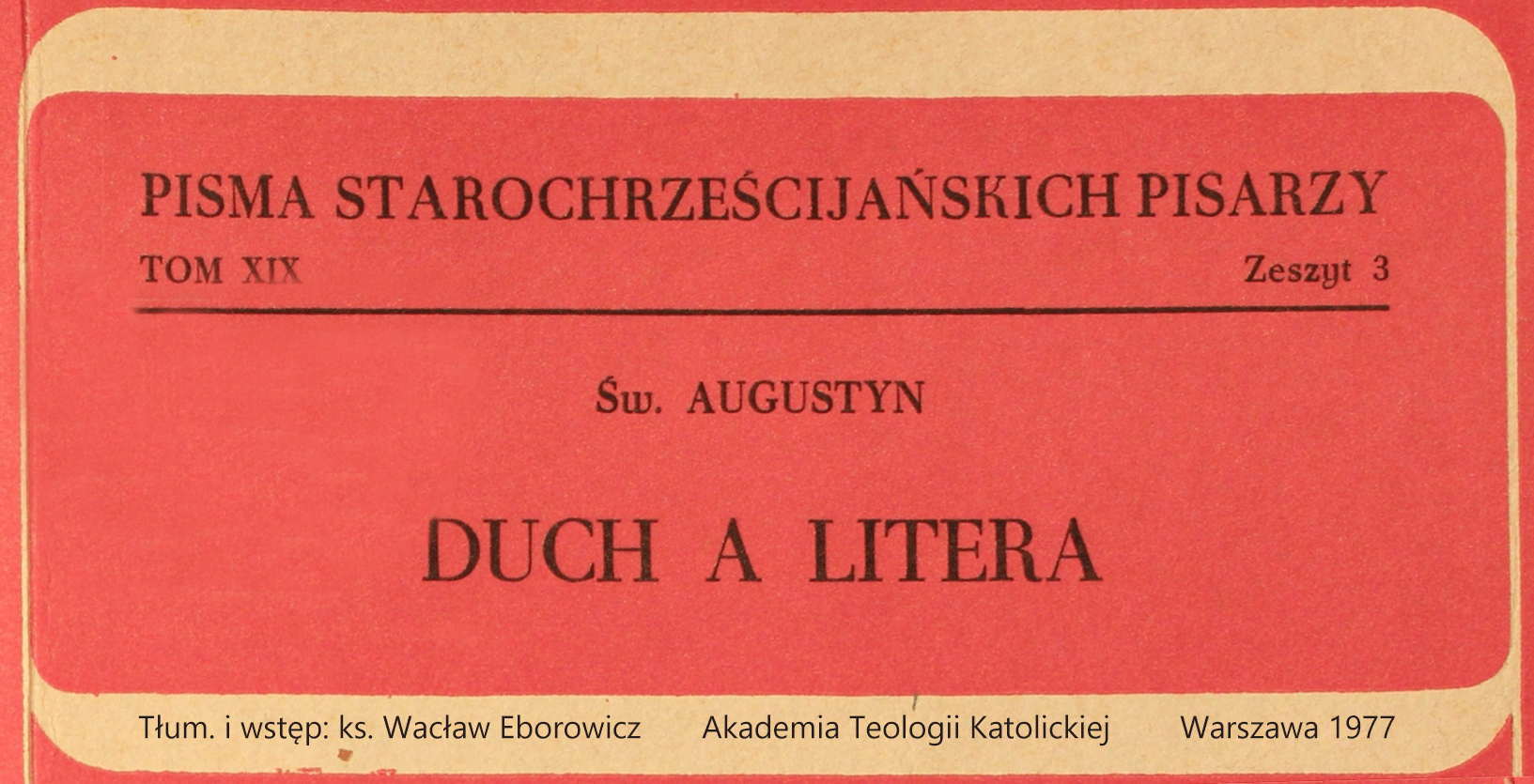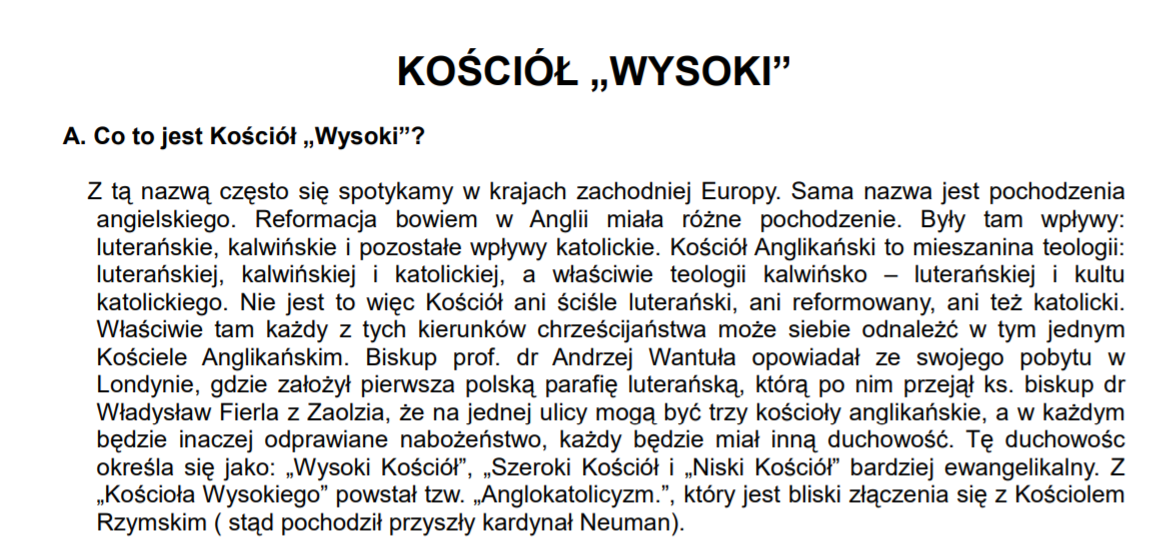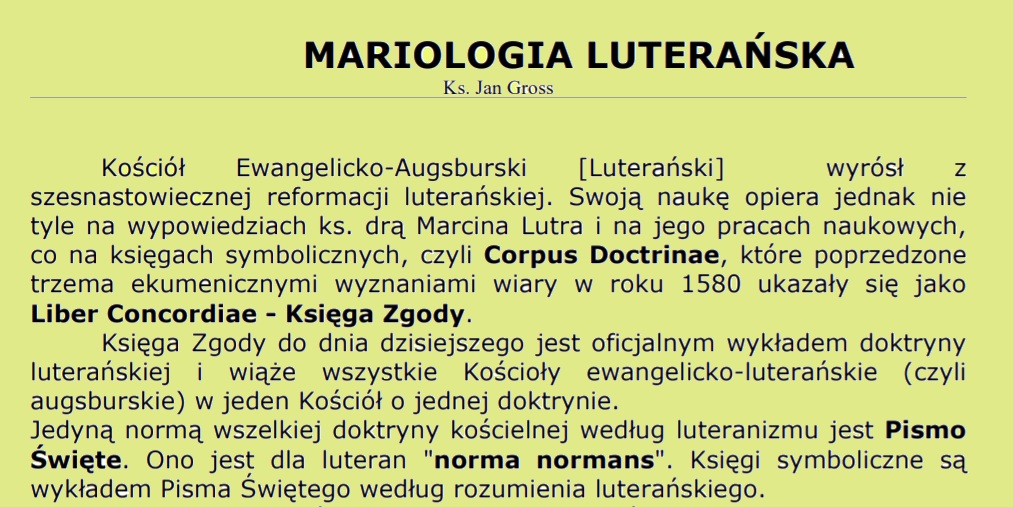It all started with an internet forum. Or rather I should say - two internet forums. In 2006 Lutheran Church in Poland launched the pastoral webpage duszpasterz.pl*, which included the "Defragmentacja" ("Defragmentation") forum. It soon got interest from Lutherans from all over Poland and it wasn't long until tensions arosed between conservative and more liberal factions. Eventually, in January 2010, a group of users decided to leave "Defragmentacja" and start their own forum - "Konfesyjni" ("Confessional [Lutherans]"), where administrators embraced orthodox Lutheran theology. Soon, more and more people joined the new forum which still exists after almost 13 years (while "Defragmentacja" is no longer active). To its first administrator, Tomasz Płaziński, it became clear that there is potential for something more than just an internet discussion board.
In 2011, the konfesyjni.pl webpage was established, which a year later was officialy registered as a journal "Konfesyjni". The webpage started publishing articles, sermons and news about the Lutheran Church in Poland. An important contribution came from Rev. Jan Gross who was a former chairman of the Church Synod, and a well known pastor with many connections. In 2011, he started organising liturgical retreats which became a biannual opportunity for "Konfesyjni" forum members to meet in person. In 2013, the fanpage "Luteranie Konfesyjni" was found on Facebook.
This dynamic development came to an abrupt end in 2014 when Rev. Gross passed away. Meetings in person were not continued. Activity on the portal started to decrease. Over time, also the messages on "Konfesyjni" forum started to appear less frequently. It seemed that the young confessional movement would slowly decline.
Thank God, this wasn't the case. In late 2010s, the new administrators of the portal, Aleksander Bieriezjanczuk and Grzegorz Żarnecki, started posting new articles more frequently. Then came the pandemic and in the new reality of 2020 the online vespers (with contribution of Rev. Jakub Retmaniak) and the online convention were organised for the followers of the "Konfesyjni" journal. The next year the convention was organised in person and currently the biannual meetings are revived!
In the meantime a moment of trial came. The October of 2020 brought political and cultural divisions in Poland to a whole new level. The Constitutional Tribunal ruled that a legal abortion in case of fetus' disability is conflicting with Polish constitution. As a result, the existing status quo in Polish legislation was ended after over 20 years. Massive protests broke out. Roman-Catholic Church was seen as the main advocate of pro-life views. For the first time in modern Polish history the numerous acts of vandalism were directed against church properties.
Most of the Polish Lutherans were mildly sympathetic with the protestors. The statement issued by bishops said that the Church should give testimony about morality but not force it on others trough the legislation. The Lutheran congregation in Wrocław communicated that it "supports free choice". However the most controversial blow came from the Synodal Comission for Women which published an appeal where the abortion was referred to as a "reproductive right". At this point "Konfesyjni" had to react.
After several days of preparation, a statement was published on "Konfesyjni". It was deliberately written with a focus not on the legal status of abortion, but rather on the moral evaluation. To start with, authors took the biblical truth that man was created in the image of God [Gen 1:27]. Subsequently, various historical Christian positions followed, which embraced the value of the unborn life (including, importantly, the teaching of the Polish Lutheran Church from 1991). The statement clearly communicated that from the Christian perspective, abortion is evil. It was signed by 39 members of the Church and was cited by another internet journal. Altogether the statement received over 25 thousand views. Never before any initiative of our portal got such support and attention. This was very encouraging.
Year 2021 opened a new chapter in the history of our movement. Based on the initiative of Grzegorz Żarnecki, Mateusz Minkus and Igor Mędela, a new legal entity was created: Evangelical Association of Confessional Lutherans (Ewangelickie Stowarzyszenie Luteran Konfesyjnych - ESLK). The official goals of the association are evangelization, religious worship and promotion of the knowledge about confessional Lutheran church bodies. Currently there are 11 members of ESLK, including 2 ordained pastors.
The future of ESLK remains uncertain. It is possible that with time it'll form a foundation for a new congregation(s), although much more members would be required to do so. The current rules for new people to join ESLK are quite inclusive. An informal policy, accepted in 2022, consists of 5 necessary points that each candidate must agree with: (1) Scripture is inspired by God, (2) Luther explained faithfully the meaning of sacraments in his Small Catechism, (3) Christian marriage is sanctified by God as a union of one woman and one man, (4) the commandment "Thou shalt not kill" includes unborn human life, (5) according to Scripture the office of overseer within the Church is intended for men. These five points correspond to contemporary controversies within Lutheranism and set the frame for opinions within ESLK. At the same time, they are not detailed and give room for quite various theological views (Scripture is inspired by God, but it's not necessarily verbal inspiration. Woman shouldn't be an overseer, but it doesn't necessarily mean that she can't occasionaly give a sermon etc.). The idea is to gather orthodox, conservative and centrist Lutherans into one organisation opposed to purely modernistic currents in the Lutheran Church.
ESLK is open for cooperation with non-Lutheran Christians as well. We have good, albeit informal relations with Evangelical Presbyterian Church in Kraków. Friendly relationships have been kept between various Polish Protestants, dating back to Sandomierz Concord in 1570. In the Polish context where non-Roman catholic Christians are a tiny minority, an inter-Protestant openness is simply a neccessity.
*(1) The official name of the Church is Evangelical Church of the Augsburg Confession in Poland (Kościół Ewangelicko-Augsburski w Rzeczypospolitej Polskiej). It consists of approximately 60,000 members. (2) Word "duszpasterz" literally means "shepherd of souls". It is commonly used as a synonym for a Christian minister.

